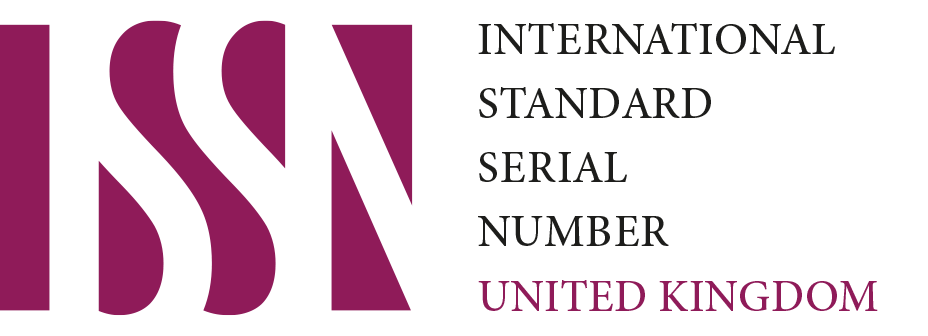Crisis Management Strategies: Evaluating Governmental Approaches on Adaptive Economic Policies
Keywords:
Crisis, Policies, Governance, Adaptation, RecoveryAbstract
Economic crises are inevitable phenomena that test the resilience and adaptability of governments and their policy frameworks. This paper explores how various governments have crafted and implemented adaptive economic policies to mitigate the impacts of crises and foster recovery, focusing on both fiscal and monetary strategies. By examining case studies from different regions, the study analyses the effectiveness of policy measures, such as stimulus packages, tax reforms, and monetary interventions, in addressing economic disruptions. It evaluates how these strategies contribute to stabilising markets, safeguarding employment, and promoting long-term economic growth. Through a qualitative approach, the research delves into the critical role of government leadership, institutional frameworks, and cross-sector collaboration in crisis management. It highlights the necessity of real-time data utilisation, responsive policymaking, and transparent communication to maintain public trust and investor confidence during periods of uncertainty. Findings underscore the importance of tailored approaches that account for regional disparities, economic structures, and socio-political contexts. The study identifies key challenges, such as delayed policy implementation, fiscal mismanagement, and social inequities, that hinder the effectiveness of crisis responses. Recommendations include fostering proactive governance, enhancing international cooperation, and embedding flexibility within economic policies to adapt to evolving global dynamics. This paper offers actionable insights for policymakers and economic leaders, contributing to the broader discourse on resilient governance and sustainable economic strategies.










